BAGHDAD, Nov 24: The Iraqi government has no objection to semi-autonomous Kurdish authorities purchasing weapons and ammunition to arm their security forces, but it wants to be informed, a government spokesman said on Monday.
The Washington Post reported that the Kurdistan Regional Government (KRG) had quietly shipped in three C-130 cargo planes loaded with guns and bullets from Bulgaria, stirring concerns among US officials over possible armed confrontation between the Kurds and the government.
The newspaper quoted federal Interior Minister Jawad al-Bolani as saying such a purchase of weapons by the ethnic Kurdish authorities in northern Iraq would be a violation of the law.
Government spokesman Ali al-Dabbagh, however, said the government would not oppose the Kurds arming their police if it were aimed at strengthening national or regional security.
“I don’t deny there is some tension between the KRG and the federal government due to many issues,” Dabbagh said. “It won’t reach to a level of conflict.”
The reported arms purchase — which a Kurdish official denied and Dabbagh said he knew nothing concrete about — came as tensions between the KRG and the government in Baghdad appear to be on the rise.
That has stoked fears of a resurgence of bloodshed at a time when anti-American attacks and conflict between Shia and Sunni have dropped to their lowest level in four years.
FUZZY LAW: Relations between Kurds and the government of mainly Arab Iraq have been especially strained over Kirkuk, a city that sits on potentially vast oil fields outside of Kurdistan, but which Kurds consider their ancestral home.
In August, Kurdish Peshmerga fighters and government troops almost came to blows over the ethnically mixed town of Khanaqin in the restive northern province of Diyala.
Dabbagh said regional governments did not have the authority to arm themselves, but the law was unavoidably fuzzy while Iraq was in the process of building a federal system in the aftermath of the 2003 U.S.-led invasion that toppled Saddam Hussein.
The Kurds, who have enjoyed virtual autonomy in the north since the first Gulf War in 1991, should have asked the central authorities for equipment. “Either that or they should be informing the federal government,” Dabbagh said.
“We understand there is a threat ... and they need to have equipment and weapons for their own police. I don’t think the federal government will object to it so long as this comes in those circumstances.”
Kurds, who make up less than a fifth of Iraq’s population, were killed by the thousands under Saddam. Kurds became partners in the U.S.-backed Baghdad government after the invasion.
Jabbar Yawer, undersecretary for Peshmerga affairs in the Kurdish Regional Government, denied the Washington Post story.
“As a region we don’t have the right to buy any weapons without the consent of the central government, and they haven’t allocated any amount in the budget for buying weapons,” he said.—Reuters

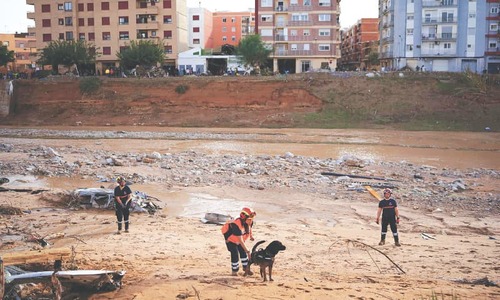
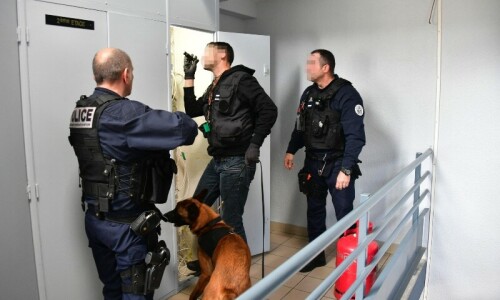












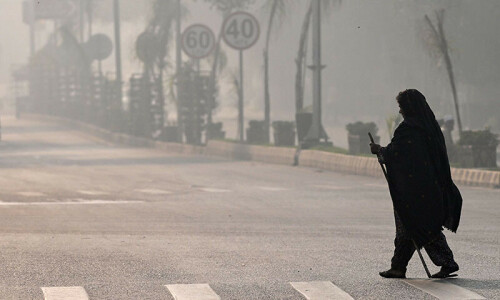



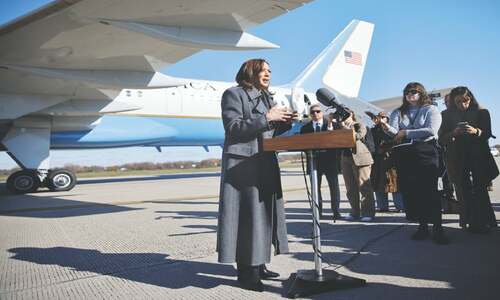
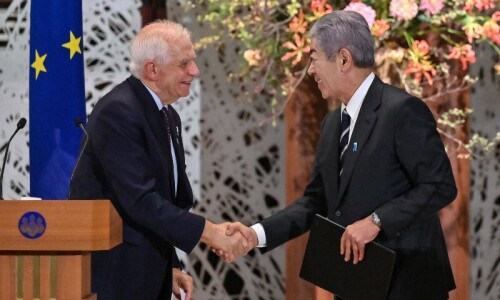





















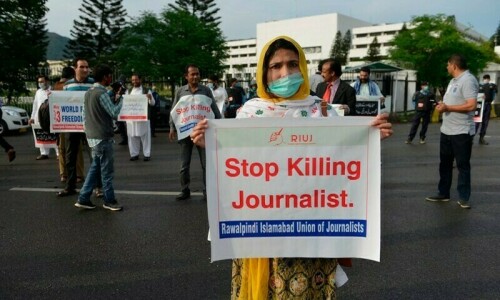


Dear visitor, the comments section is undergoing an overhaul and will return soon.